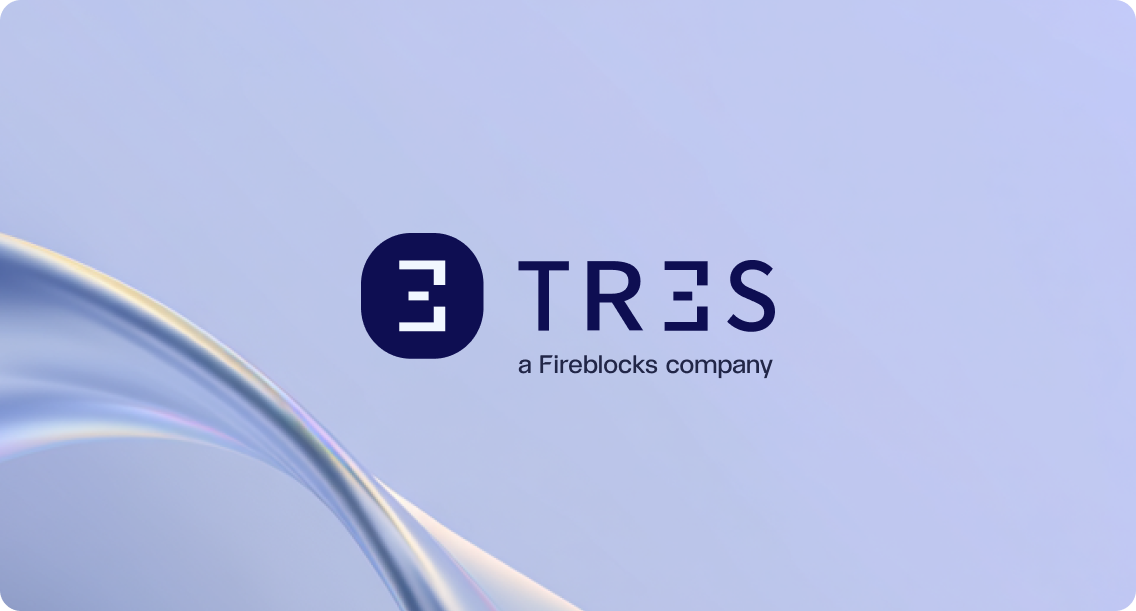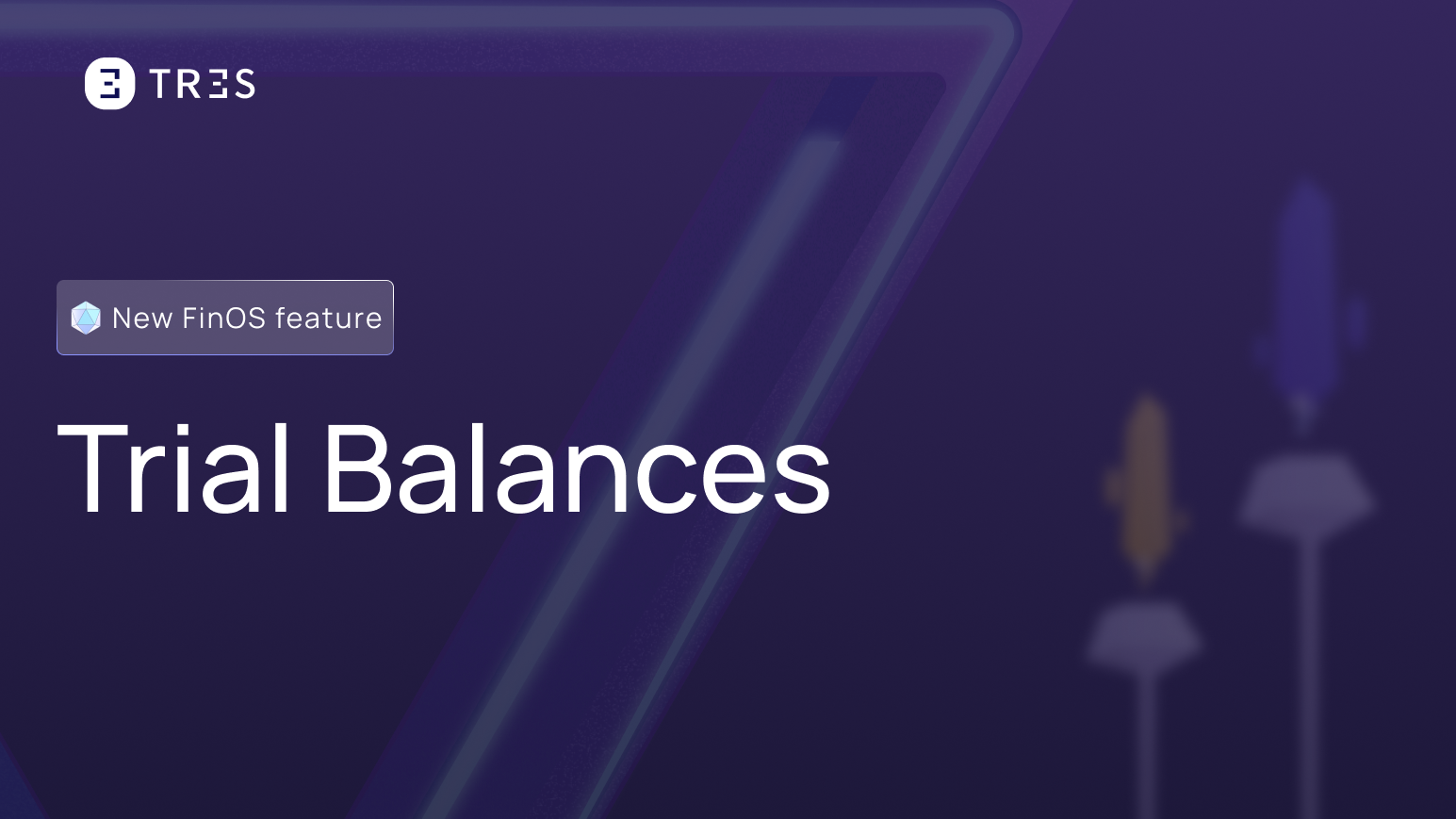
TL;DR
| Platform | Rating | Target Audience |
| TRES | 4.5/5 | Crypto-native companies, funds, and service providers with complex, multi-chain asset portfolios seeking a unified platform for accounting compliance and automation, especially within regulated or audit-driven environments. |
| Cryptio | 3.8/5 | Medium-to-large crypto companies, accounting firms, and institutions prioritizing audit readiness, tax compliance across jurisdictions, and centralized exchange/custodian transparency over niche DeFi or on-chain operations. |
| Lukka | 4.1/5 | Lukka is best suited for enterprises and institutional crypto businesses needing high-integrity, audit-focused data management and automated accounting for diverse digital assets across global platforms, particularly those requiring robust compliance and cross-entity reconciliation. |
| Bitwave | 4.3/5 | Bitwave is best suited for mid-to-large crypto enterprises or accounting teams managing high transaction volumes, complex DeFi engagement, or needing robust ERP integrations and audit-readiness. It excels when compliance with evolving crypto accounting standards is a top priority. |
| Integral | 3.4/5 | Integral is best suited for web3 companies and crypto-native firms needing automated, reliable crypto transaction accounting and real-time financial visibility, but with less emphasis on intensive DeFi or staking activity coverage. It serves organizations with routine accounting flows seeking efficiency and auditability. |
Introduction
Managing digital assets in the evolving cryptocurrency landscape presents substantial challenges for finance teams, particularly as they juggle complex transactions across multiple blockchains, exchanges, and decentralized platforms. As regulatory scrutiny intensifies and reporting standards adapt to the nuances of the crypto sector, the need for specialized accounting solutions has never been more urgent. For crypto companies seeking compliance, operational clarity, and streamlined workflows, selecting the right accounting software can make a significant difference. This listicle will help decision-makers evaluate the top accounting tools designed specifically to handle the intricacies of blockchain-based finances—ensuring that operations stay transparent and audit-ready.
Blockchain Accounting Software
Blockchain accounting software refers to digital platforms that enable organizations to track, manage, and report on transactions involving digital currencies and blockchain-based assets. These solutions aggregate data from various sources—such as blockchains, crypto exchanges, and custodial wallets—automating the categorization, reconciliation, and reporting required for financial, tax, and regulatory compliance. Unlike traditional accounting tools, blockchain accounting software offers features specifically tailored to the unique challenges of digital asset management, including support for decentralized finance (DeFi) transactions and integrations with emerging crypto protocols.
Why is this important?
Effective blockchain accounting software is essential for crypto companies striving for transparent financial operations, regulatory compliance, and strategic growth.
Comprehensive Coverage: Enables businesses to consolidate data from multiple blockchains, exchanges, and custodians, reducing manual aggregation and minimizing reconciliation errors.
Reliable Data Quality: Ensures accurate, real-time reporting and audit trails, which supports informed decision-making and mitigates the risks of financial misstatement.
DeFi and Staking Data Support: Facilitates detailed tracking and categorization of complex decentralized finance and staking activities, helping companies properly value assets and meet evolving compliance standards.
Automated Accounting Processes: Streamlines transaction classification and ledger updates, minimizing human error and freeing staff to focus on strategic financial analysis.
How are we going to objectively analyse the providers?
Coverage evaluates how comprehensively the software supports various blockchains, exchanges, and custodians. This matters because crypto companies often operate across multiple platforms. Strong coverage ensures users can manage a diverse portfolio without manual workarounds. Readers should look for compatibility with leading networks, integration ease, and the breadth of provider support. This criterion impacts selection by influencing operational flexibility and the effort required to sync all relevant data sources.
Coverage (Blockchains, Exchanges and Custodians)
Coverage evaluates how comprehensively the software supports various blockchains, exchanges, and custodians. This matters because crypto companies often operate across multiple platforms. Strong coverage ensures users can manage a diverse portfolio without manual workarounds. Readers should look for compatibility with leading networks, integration ease, and the breadth of provider support. This criterion impacts selection by influencing operational flexibility and the effort required to sync all relevant data sources.
Data Quality
Data Quality examines the accuracy, completeness, and timeliness of information presented by the software. Reliable data is essential for regulatory compliance, financial reporting, and decision-making. High-performing solutions minimize errors, duplicate transactions, and data gaps. Readers should assess how systems reconcile and validate records, handle corrected transactions, and prevent inconsistencies. This directly affects trust in the software’s financial outputs and reduces manual data correction workloads.
DeFi & Staking Data
DeFi & Staking Data assesses the software’s ability to track and interpret activities related to decentralized finance and staking. These areas present unique challenges, such as complex transaction types and evolving protocols. Effective handling means automatic identification and classification of rewards, fees, and liquidity operations. Readers should evaluate the system’s depth of DeFi coverage and staking automation, as this impacts the accuracy of reporting and time savings for high-volume crypto operations.
Automated Accounting
Automated Accounting measures the extent to which the software minimizes manual intervention in data entry, calculation, and reconciliation. Automation is important to save time and reduce errors as transaction volumes grow. Readers should examine workflow support, auto-categorization features, and the extent to which end-to-end processes are seamless. Robust automation lowers the risk of oversight and frees up resources for higher-value tasks, making it a pivotal consideration for scaling organizations.

TRES is a crypto accounting platform designed to automate financial reporting for digital asset companies, emphasizing multi-chain support and real-time data reconciliation. Its primary focus is on providing compliance-ready solutions and seamless integrations for firms handling complex blockchain activity.
Coverage (Blockchains, Exchanges and Custodians)
TRES supports over 200 blockchains, major exchanges, and leading custodians, as indicated on their networks page. This broad coverage enables users to aggregate assets from diverse platforms, though the completeness of DeFi and newer chain integrations should be evaluated based on fast-evolving market needs.
Data Quality
TRES prioritizes high data quality through real-time wallet and account synchronization, offering audit trails and granular transaction data. Users report accuracy in asset balances and reconciliation, but as with all aggregators, data discrepancies can arise from integration lag or source API limitations.
DeFi & Staking Data
TRES offers DeFi and staking transaction support, including tracking rewards, liquidity pools, and protocol interactions on supported networks. However, given the complexity and volume in DeFi, users may need to verify less-common protocol support or manual adjustments for edge cases.
Automated Accounting
TRES provides automated accounting workflows with features such as rule-based transaction categorization, automated profit/loss calculations, and export-ready reports. Automation reduces manual processes and streamlines compliance, although complex enterprise scenarios may still require supplemental controls or bespoke configuration.
Pros
• Extensive network coverage, integrating over 200 blockchains, major exchanges, and custodians for unified asset tracking.
• Emphasis on data granularity and audit trails, helping users maintain accurate, compliant transaction histories.
• Robust automation features designed to reduce manual entry and accelerate financial closing.
• Extensive DeFi and staking data coverage with +120 of blockchains.
Cons
• Pricing isn’t clearly listed on the website or marketing materials. Potential customers must contact sales.
• No personal portfolio tracking available for individual investors.
Best for:
TRES is best suited for crypto-native companies, funds, and service providers with complex, multi-chain asset portfolios seeking a unified platform for accounting compliance and automation, especially within regulated or audit-driven environments.
Score: 4.5/5

Cryptio is an enterprise-grade crypto accounting platform focused on audit-ready financial data, tax compliance, and integration with major business accounting tools. Its core differentiator is delivering financial integrity and compliance for Web3-native enterprises, emphasizing robust controls and reporting for institutional clients.
Coverage (Blockchains, Exchanges and Custodians)
Cryptio integrates with over 20 exchanges and a range of custodians, supporting major platforms though offering less breadth in blockchain and protocol coverage compared to competitors specializing in DeFi or emerging blockchains.
Data Quality
Known for strong, audit-ready data quality, Cryptio provides GAAP and IFRS-compliant valuation, precise transaction reconciliation, and reliable market data, which has received positive feedback from enterprise users seeking compliance and integrity.
DeFi & Staking Data
The platform supports DeFi and staking data, but its coverage is less extensive and detailed than that of leading DeFi-focused accounting solutions, making it less optimal for businesses with significant on-chain or staking operations.
Automated Accounting
Cryptio features automated tax calculations, transaction categorization, and integration with QuickBooks, Xero, and NetSuite, streamlining crypto accounting processes but requiring expert setup, which can hinder automation for less experienced users.
Pros
• Robust audit-ready financial data, meeting enterprise compliance and reporting needs.
• Automated workflows and integration with leading accounting software for streamlined processes.
• Supports a wide selection of major exchanges and custodians relevant to institutional clients.
Cons
• Limited direct blockchain and DeFi protocol coverage compared to newer, DeFi-focused rivals.
• Complex setup and high entry cost may deter small or less technical teams.
• Moderate depth in DeFi and staking data support restricts suitability for DeFi-heavy organizations.
Best for:
Medium-to-large crypto companies, accounting firms, and institutions prioritizing audit readiness, tax compliance across jurisdictions, and centralized exchange/custodian transparency over niche DeFi or on-chain operations.
Score: 3.8/5
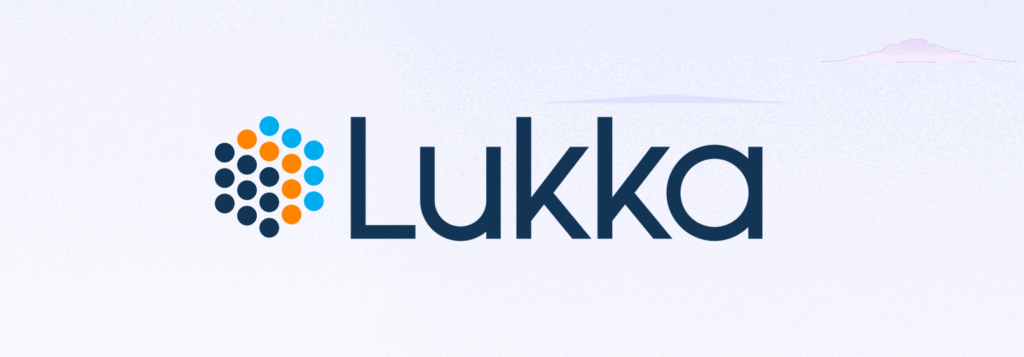
Lukka is a leading blockchain data provider delivering enterprise-grade data management, analytics, and automated accounting solutions for crypto and digital asset businesses. The company distinguishes itself through high-quality, audit-ready data and a focus on complex institutional requirements, with recent strategic investments highlighting strong market presence in 2024.
Coverage (Blockchains, Exchanges and Custodians)
Lukka offers broad coverage across major blockchains and supports data from over 2,500 global trading venues, with integrations for institutional users. Custodian coverage is implied via support for multi-entity reconciliations, though details on specific custodians and niche chains are limited as of 2024.
Data Quality
Data quality is a core strength for Lukka, with solutions delivering precise, audit-ready, and compliance-focused outputs. Partnerships with firms such as Amber Group emphasize transparent and reliable integrations that meet institutional reporting and risk-management standards.
DeFi & Staking Data
Public sources do not specifically confirm DeFi or staking data features, but Lukka’s analytics for blockchain and tokenized assets imply some support. These capabilities are not explicitly detailed, which may limit suitability for businesses heavily reliant on advanced DeFi or staking insights.
Automated Accounting
Lukka provides automated, audit-ready accounting solutions for complex crypto asset management, supporting multi-entity reconciliations and regulatory reporting. This automation is a highlighted feature in recent integrations with large enterprise clients, streamlining the accounting process for digital assets.
Pros
• Extensive data coverage across major blockchains and global exchanges, supporting institutional needs.
• Delivers high-quality, audit-ready data suitable for compliance, reconciliation, and risk management.
• Automated accounting and multi-entity reconciliation features cater to complex enterprise environments.
Cons
• Limited publicly available detail on DeFi and staking-specific data features may restrict advanced use cases.
• Explicit support for smaller blockchains, DEXs, or particular custodians is not well documented.
• Transparency on the breadth of integrations and granular feature sets may require direct vendor engagement.
Best for
Lukka is best suited for enterprises and institutional crypto businesses needing high-integrity, audit-focused data management and automated accounting for diverse digital assets across global platforms, particularly those requiring robust compliance and cross-entity reconciliation.
Score: 4.1/5
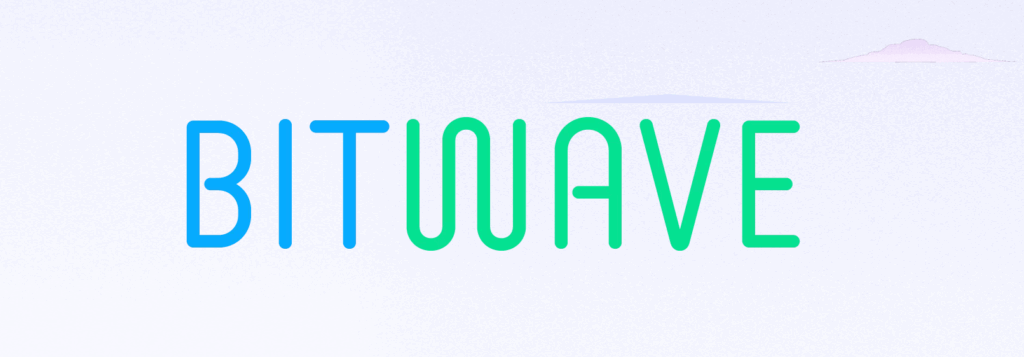
Bitwave is a specialized enterprise platform providing accounting, tax, and compliance solutions for organizations managing digital assets. Focused on crypto companies, it differentiates itself through deep blockchain integrations and automation tailored for complex Web3 financial workflows.
Coverage (Blockchains, Exchanges and Custodians)
Bitwave offers broad coverage across 80+ blockchains, with ongoing direct integrations into major networks and support for exchanges and custodians, facilitating seamless data flow into traditional accounting systems like NetSuite and QuickBooks.
Data Quality
The platform employs Data Fusion to consolidate multiple data streams, enabling robust real-time valuations, detailed cost-basis tracking, and period-over-period asset monitoring, which strengthens accuracy and reduces manual intervention.
DeFi & Staking Data
Bitwave provides automated processing for DeFi and staking rewards, including support for MEV tips, priority fees, and emerging protocols, ensuring detailed capture of decentralized finance activity for comprehensive reporting.
Automated Accounting
Automation is a core strength, with features like bulk reconciliation, on-chain invoicing, audit trails, and ERP syncs, significantly reducing manual workload and streamlining the creation of audit-ready financial statements under FASB standards.
Pros
• Extensive blockchain and exchange coverage supports diverse asset portfolios.
• Data Fusion and real-time valuations improve data consistency and auditability.
• Advanced automation for DeFi, staking, and routine accounting tasks enhances efficiency.
Cons
• Public documentation lacks specifics about certain exchange/custodian integrations.
• Platform complexity may pose a learning curve for small finance teams.
• Premium enterprise focus makes it less accessible for smaller or early-stage startups.
Best for
Bitwave is best suited for mid-to-large crypto enterprises or accounting teams managing high transaction volumes, complex DeFi engagement, or needing robust ERP integrations and audit-readiness. It excels when compliance with evolving crypto accounting standards is a top priority.
Score: 4.3/5
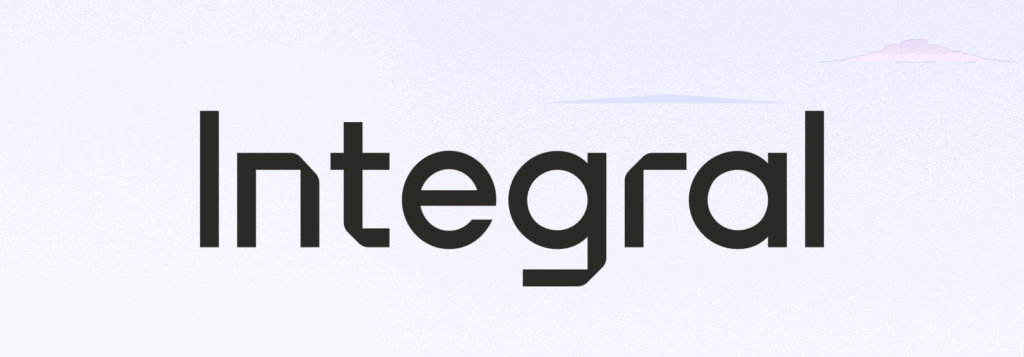
Integral is a crypto accounting and treasury management software designed for web3 businesses, focusing on automation and real-time financial reporting. It differentiates itself by offering customizable accounting policies and seamless integration with various ERP systems, targeting organizations with complex crypto transaction needs.
Coverage (Blockchains, Exchanges and Custodians)
Integral provides broad cryptocurrency accounting support and claims integration with multiple accounts and ERP systems, but lacks publicly verifiable details on specific blockchains, exchanges, or custodians supported. This limits certainty for organizations with highly diverse crypto assets.
Data Quality
The platform emphasizes data quality by converting complex crypto transactions into accurate, legible ledger entries and filtering out irrelevant data, offering auditable and clean records. These features bolster reliability, though direct comparisons with competitors’ reconciliation precision are sparse.
DeFi & Staking Data
Integral’s public documentation does not clarify the extent of support for DeFi protocols and staking activities. This suggests it may have gaps relative to specialized platforms with granular DeFi and staking coverage, potentially limiting its usefulness for users active in these areas.
Automated Accounting
Automated accounting is a core feature; Integral automates the recording, categorization, and journal entry creation for crypto transactions, supporting real-time treasury views and customizable accounting workflows, minimizing manual intervention for standard transaction types.
Pros
• Efficient automation reduces manual accounting tasks and associated errors for crypto transactions.
• Customizable accounting policies allow adaptation to diverse web3 business needs and compliance frameworks.
• Real-time treasury insights provide immediate visibility into crypto and fiat balances across platforms.
Cons
• Lack of transparency around which blockchains, exchanges, and custodians are natively supported.
• Unclear or limited handling of DeFi and staking transactions relative to specialized competitors.
• May require specialized onboarding for setup and integration, especially in complex organizations.
Best for
Integral is best suited for web3 companies and crypto-native firms needing automated, reliable crypto transaction accounting and real-time financial visibility, but with less emphasis on intensive DeFi or staking activity coverage. It serves organizations with routine accounting flows seeking efficiency and auditability.
Score: 3.4/5
Interested in TRES?

